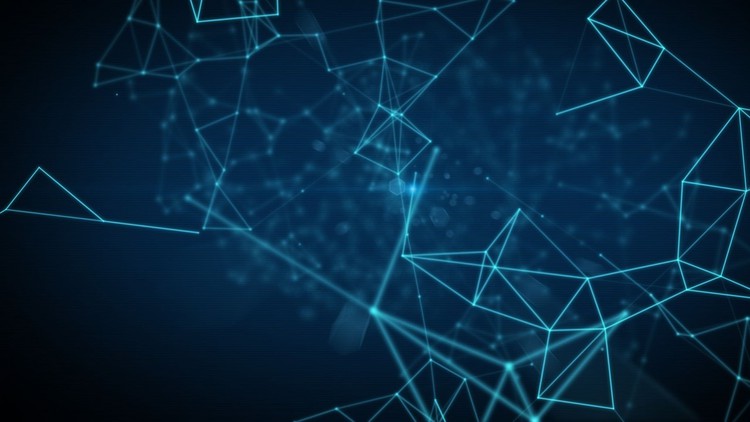
Learn what ocean data are, how they’re being used, and the ways in which you can access open ocean data.
What you will learn
Describe the different categories of ocean data
Differentiate between data and metadata
Summarize emerging applications of AI to ocean data
Describe what makes data open
Search for ocean data using a variety of open data repositories
Identify how a dataset is licenced and how licencing impacts re-use
Description
Employment in the Canadian ocean sector is booming — and one of the most important skillsets that you can develop if you want to work in this sector is the ability to work with ocean data! But, where should you begin? This course is a great starting place. Here, you’ll be introduced to some of the core concepts that you’ll need to understand on your way to becoming an ocean data whiz.
You don’t need a technical background or a firm understanding of ocean science to benefit from this course — true beginners are welcome.
Topics covered in this course include:
-
What are ocean data? What do we know about our oceans? Who’s collecting this data, and how?
-
Canadian ocean data trends, including open data and artificial intelligence. Learn about these trends and their applications.
-
Data repositories. Find out where you can go to find data that are available for public use.
-
Sharing data. Understand basic methods of data sharing and how licenses impact your ability to use open data.
-
Use cases. See examples of how ocean data are being used today in the public and private sectors.
-
Canadian and international resources. Discover other sites that you can visit to deepen your understanding.
Learn through watching video lectures, completing exercises, and taking short, optional assessments to deepen your understanding.
This course was created as part of the VITALITY Project, with support from Canada’s Ocean Supercluster, an industry-led, national cluster that’s growing the ocean economy in a digital, sustainable, and inclusive way. The VITALITY Project aims to improve small- and medium-sized enterprises (SMEs) and students’ capacity to work meaningfully with ocean data.
Content